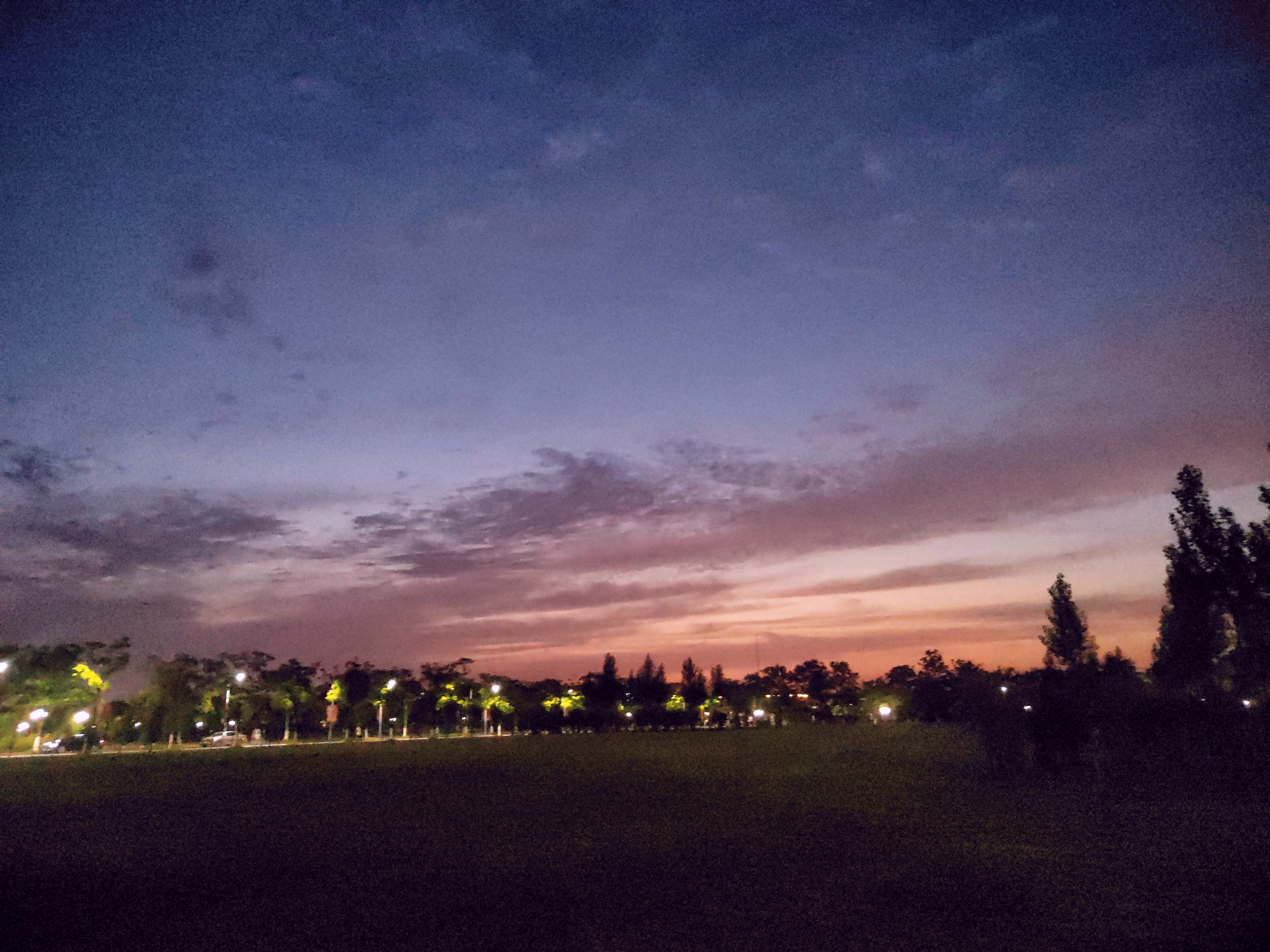In every other instance, however, the natural historian thinks himself
obliged to collect facts, not to offer conjectures. When he treats of
any particular species of animals, he supposes, that their present
dispositions and instincts are the same they originally had, and that
their present manner of life is a continuance of their first
destination. He admits, that his knowledge of the material system of the
world consists in a collection of facts, or at most, in general tenets
derived from particular observations and experiments. It is only in what
relates to himself, and in matters the most important, and the most
easily known, that he substitutes hypothesis instead of reality, and
confounds the provinces of imagination and reason, of poetry and science.
去书内
-
 用户615157
用户615157
In my opinion, concerning history, natural historians hold a static perspective since they only base their assumptions or hypothesis on facts and observations that they can relate to with their own experience. Well, it displays a scientific and rational attitude, however, I suppose that they overlook a lot of important facts that are beyond their observations.

 京公网安备 11010802032529号
京公网安备 11010802032529号